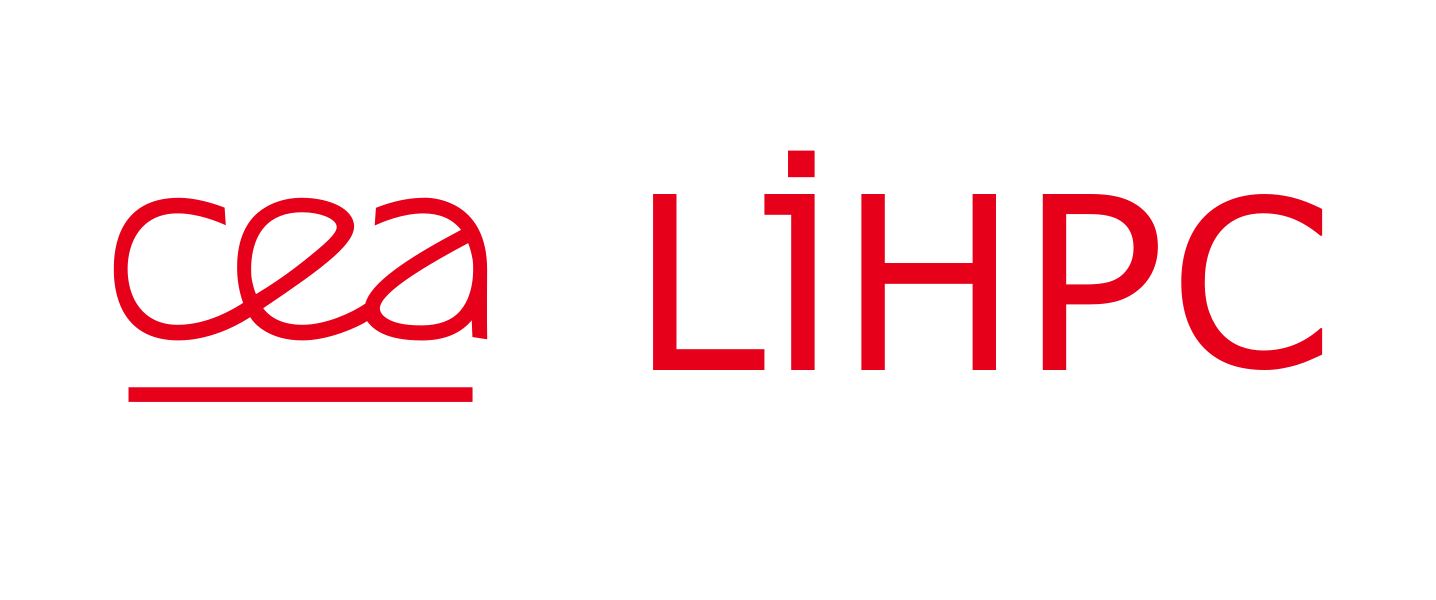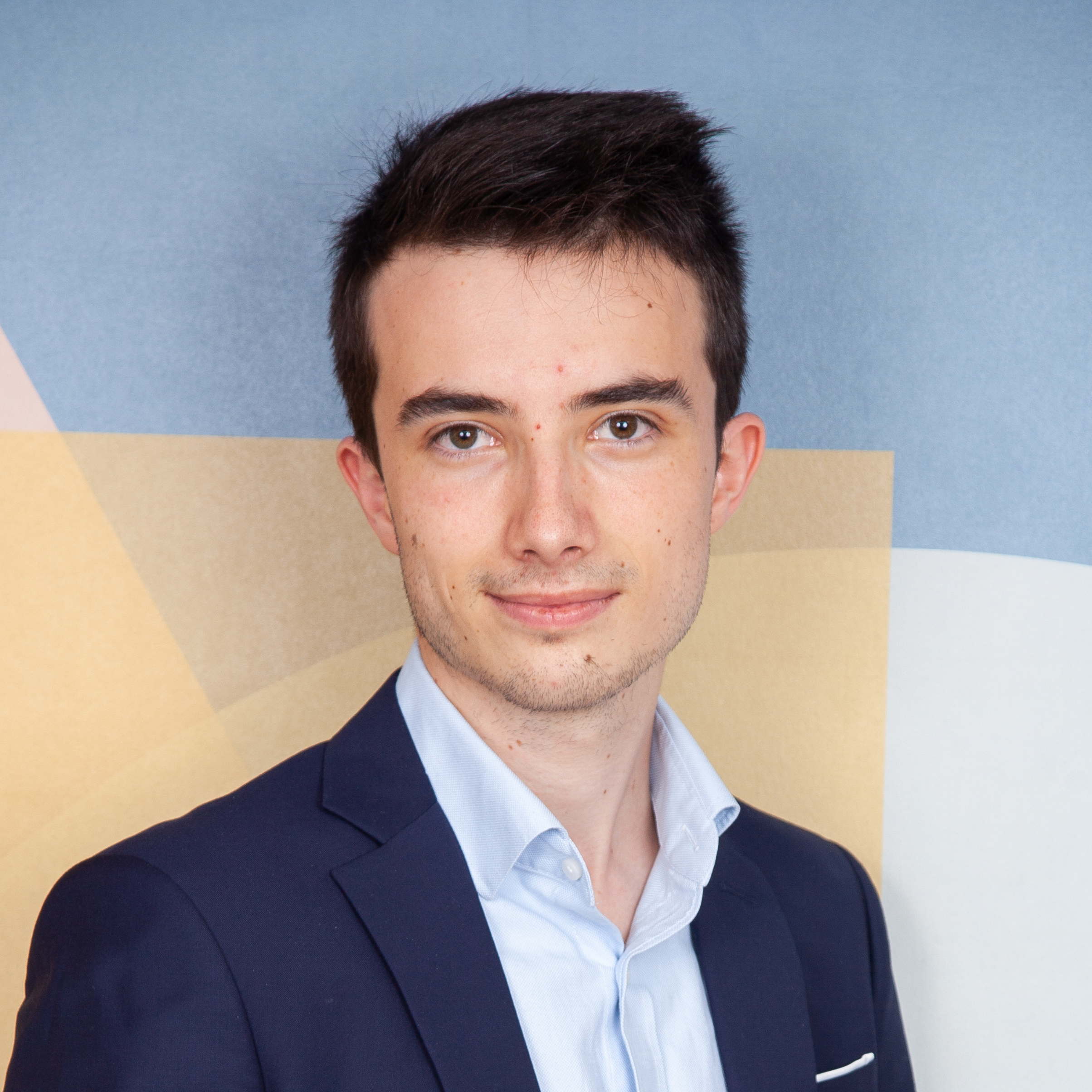Brice CHICHEREAU is currently a Ph.D. student at CEA. His thesis director is Patrick CARRIBAULT, Engineer Researcher at CEA, his co-director is Stéphane VIALLE, Professor at CentraleSupélec.
Brice’s thesis topic is as follows: “Optimizing HPC software stack with quantum computing”. Quantum Computing exploits the quantum physical properties of various systems in order to perform computational tasks faster and/or more efficiently than classical computers. The aim of this thesis is to explore and evaluate the integration of quantum methods in High Performance Computing. We notably are looking into how they could help improve the HPC software stack.
IEEE International Conference on Quantum Computing and Engineering, 2023

abstract
Abstract
Quantum computers exploit the particular behavior of quantum physical systems to solve some problems in a different way than classical computers. We are now approaching the point where quantum computing could provide real advantages over classical methods. The computational capabilities of quantum systems will soon be available in future supercomputer architectures as hardware accelerators called Quantum Processing Units (QPU). From optimizing compilers to task scheduling, the High-Performance Computing (HPC) software stack could benefit from the advantages of quantum computing. We look here at the problem of register allocation, a crucial part of modern optimizing compilers. We propose a simple proof-of-concept hybrid quantum algorithm based on QAOA to solve this problem. We implement the algorithm and integrate it directly into GCC, a well-known modern compiler. The performance of the algorithm is evaluated against the simple Chaitin-Briggs heuristic as well as GCC's register allocator. While our proposed algorithm lags behind GCC's modern heuristics, it is a good first step in the design of useful quantum algorithms for the classical HPC software stack.







